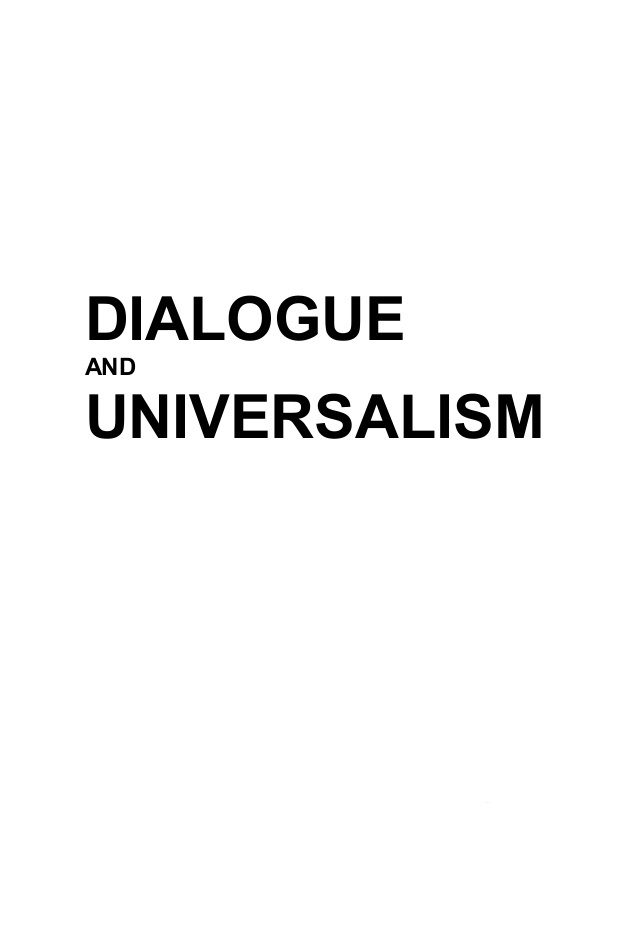BEING IN TRANSIT: SPACE, IDENTITIES, AND BELONGING
BEING IN TRANSIT: SPACE, IDENTITIES, AND BELONGING
Author(s): Edward Shiener S. LandoySubject(s): Social Philosophy, Sociology
Published by: Instytut Filozofii i Socjologii Polskiej Akademii Nauk i Fundacja Filozofia na Rzecz Dialogu
Keywords: refugees; cosmopolitan ethics cultural identity; border; space
Summary/Abstract: As of 2017, 65.6 million individuals have been displaced from their homes, fleeingtheir homelands in search of refuge from the violence, oppression, and chaos of civilwar. While there are clearly very strong humanitarian reasons to allow refugees to enterand make new homes and lives for themselves, some object because they prioritise thecultural identity of their country. Some have security issues about refugees being “terrorists;”some are concerned about the economic impact of refugees. These are but fewof the many reasons why the refugee crisis has been a subject of debates, both politicaland philosophical.The mass movement of people across internal and external borders only proves thatthere are certain aspects of the human condition that cannot be confined within the strictidea of territories and nation-states, that the political and legal approach in organisingthe interaction and relationships between people is deficient. I argue that there is a needto recalibrate all existing ideologies in relation to the interactions and relationshipsbetween peoples coming from different parts of the world. In order to do this, I intend toexamine the current legal norm and connect it to cosmopolitan ethics that are groundedon the idea of spatiality. Elucidating on the ideas presented by thinkers such as SeylaBenhabib, Anthony Kwame Appiah, Gloria Anzaldua, and Tetsuro Watsuji, I argue thatto fully actualise cosmopolitan ethics we must investigate how space operates in theexistence of man—a deterritorialised existence found in the borders.
Journal: Dialogue and Universalism
- Issue Year: 2019
- Issue No: 1
- Page Range: 205-216
- Page Count: 12
- Language: English

